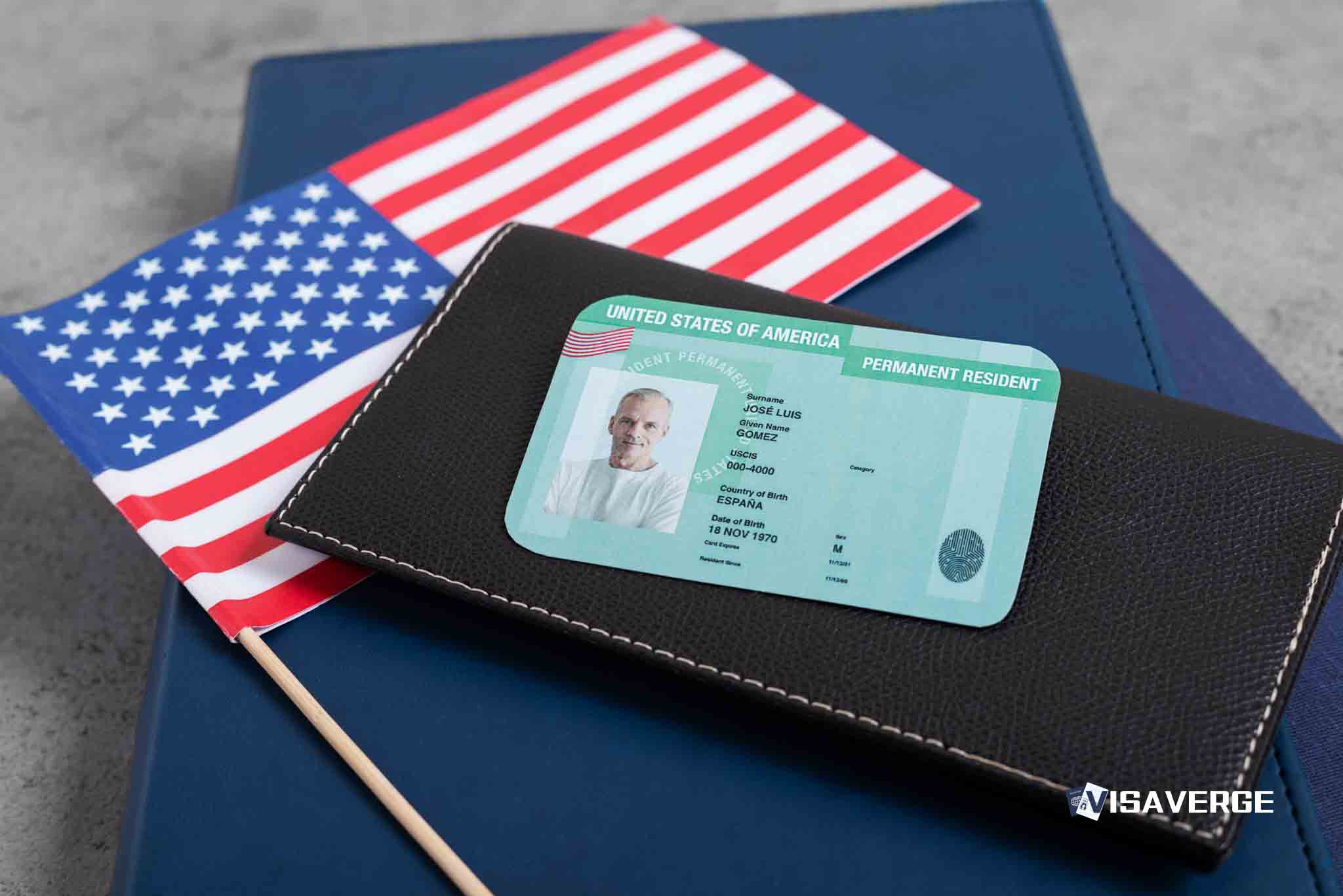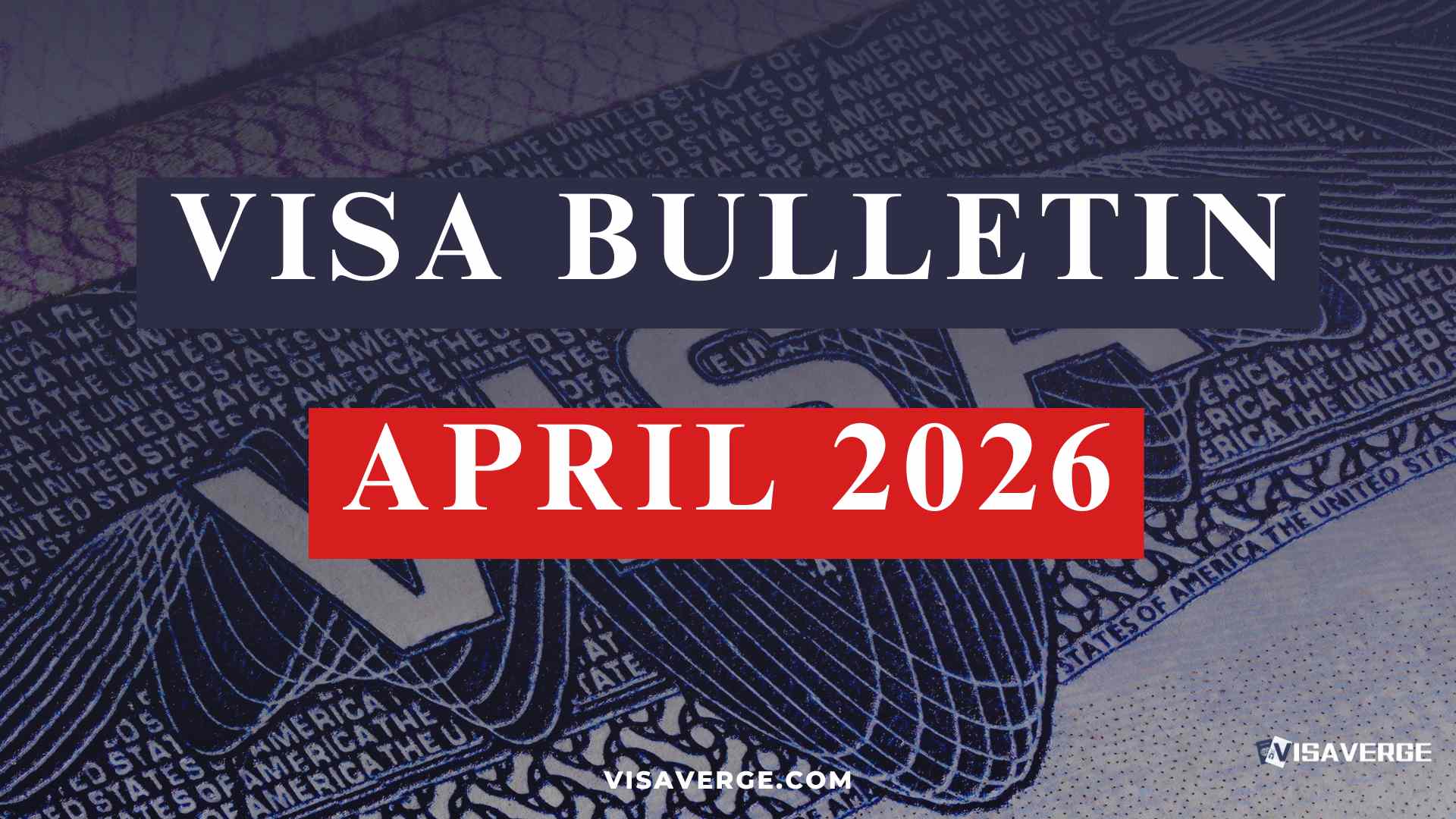Responding to USCIS Inquiries: What to Do When an Employer is Unresponsive
Navigating the complexities of the I-140 petition process can be challenging, especially when your employer is not responsive to queries from the United States Citizenship and Immigration Services (USCIS). When faced with this issue, it’s crucial to understand what steps you can take to address the situation.
Understanding the Importance of the I-140 Response
The I-140, Immigrant Petition for Alien Workers, is a critical step in obtaining an employment-based green card. When USCIS needs more information from your employer, a prompt response is essential to avoid delays or denials. Remember that the outcome of your petition greatly depends on the employer’s cooperation since they sponsor your application.
Strategies for Clear Communication with Your Employer
To address a lack of response to USCIS inquiries (commonly known as Requests for Evidence or RFEs), consider the following steps:
- Directly communicate your concerns: Discuss the importance of timely responses with your HR department or the person in charge of your case. Sometimes, employers may not realize the urgency or complexity involved in immigration processes.

- Seek qualified legal advice: If you have an immigration attorney, notify them immediately. They can legally follow up with your employer and provide guidance on the best course of action.
- Document all correspondence: Keep a record of all communications with your employer regarding USCIS responses. This documentation can be useful if you need to prove your proactive efforts in resolving the issue.
What to Do if the Employer Still Doesn’t Respond
If an I-140 employer response is still not forthcoming, there are further steps you can take:
Explore alternative visa options: There may be other visa categories you qualify for that do not require employer sponsorship. Speak with an immigration attorney to evaluate your options.
File a complaint with the appropriate authorities: If you suspect your rights are being impaired or if the employer’s lack of response is unjustified, a formal complaint may be necessary. However, this should be a last resort and considered with caution and legal advice.
USCIS Employer Inquiries: Understanding Your Rights
It’s important to know that while your employer plays a pivotal role in the I-140 process, you also have certain rights. Although you can’t respond to the USCIS on behalf of your employer, you can take steps to ensure your case advances by:
- Following up regularly with your employer.
- Seeking assistance from your immigration attorney or a trusted legal advisor.
Seeking Professional Assistance
If the issue with your employer persists, professional advice becomes imperative. An immigration attorney can provide valuable assistance with:
- Urging your employer to comply with USCIS requests.
- Providing legal insight into resolving immigration issues.
Useful Resources
For more information on the I-140 petition process and employer responsibilities, consider visiting these official resources:
By taking proactive steps and being informed about the process, you can better manage the situation when your employer does not respond to USCIS. Remember, persistent and collaborative efforts are key in resolving immigration issues and advancing your petition successfully.
So there you have it, folks! Navigating the USCIS inquiry dance can be tricky, but using these strategies and know-hows, you’ll be well equipped to tackle any unresponsive employer. Remember, immigration processes can be complicated, but don’t let that dampen your spirits. Stay persistent, seek legal advice if needed, and for more fascinating insights, head over to visaverge.com. Happy navigating!
FAQ’s to know:
FAQ 1: What should I do if my employer is unresponsive to USCIS inquiries regarding my I-140 petition?
When facing an unresponsive employer regarding USCIS inquiries on your I-140 petition, there are steps you can take. First, directly communicate your concerns with your HR department or case manager, emphasizing the importance of timely responses. Seek qualified legal advice from an immigration attorney who can follow up with your employer and provide guidance. Keep proper documentation of all correspondence as evidence of your proactive efforts in resolving the issue.
FAQ 2: What can I do if my employer still doesn’t respond to USCIS inquiries for my I-140 petition?
If your employer remains unresponsive, explore alternative visa options that don’t require employer sponsorship. Consult an immigration attorney to identify viable options based on your qualifications. Additionally, consider filing a formal complaint with the appropriate authorities if you believe your rights are being impaired or if the employer’s lack of response is unjustified. However, filing a complaint should be considered a last resort, and it’s crucial to seek legal advice beforehand.
FAQ 3: How can an immigration attorney help with an unresponsive employer in USCIS inquiries?
An immigration attorney can play a vital role in addressing an unresponsive employer. They can urge your employer to comply with USCIS requests, emphasizing the importance of timely responses. Additionally, they provide valuable legal insights into resolving immigration issues, guiding you on the best course of action. Seeking professional assistance ensures that your case is properly handled and increases the chances of a successful resolution.
What did you learn? Answer below to know:
-
Which form is critical for obtaining an employment-based green card?
a) I-140
b) I-485
c) I-129
d) N-400 -
What should you do if your employer is unresponsive to USCIS inquiries?
a) File a complaint with USCIS
b) Seek advice from an immigration attorney
c) Respond on behalf of your employer
d) Switch to an alternative visa category -
True or False: Your employer’s cooperation is essential for a successful outcome of your I-140 petition.
a) True
b) False








